Table of Contents
On Saturday, the political landscapes of Australia and Singapore witnessed dramatic shifts. In both countries, incumbent ruling parties achieved unexpected landslide victories, largely driven by one unanticipated common denominator: President Donald Trump.
Though thousands of miles apart, voters in Australia and Singapore shared a similar concern—how to navigate the global instability caused by Trump’s aggressive trade policies and international rhetoric. In both nations, the electorate turned to leaders they believed could stand up to U.S. pressure and safeguard national interests.
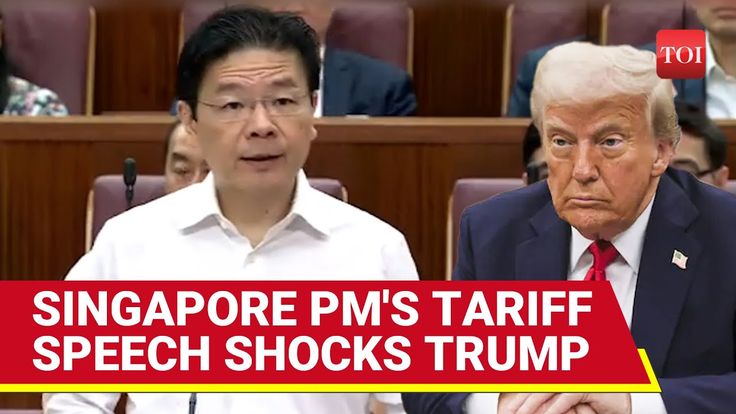
Australia: From Political Trouble to Historic Triumph
Just a few months ago, Australian Prime Minister Anthony Albanese and his center-left Labor Party were trailing in the polls. With public frustration mounting over housing prices, student debt, and economic stagnation, it seemed likely that the conservative coalition, led by Peter Dutton, would claim victory.
However, the tide turned quickly—and decisively.
By election night, Labor had secured a parliamentary majority, crossing the threshold with at least 86 seats. Albanese is now set to become the first Australian prime minister in more than 20 years to win two consecutive terms.
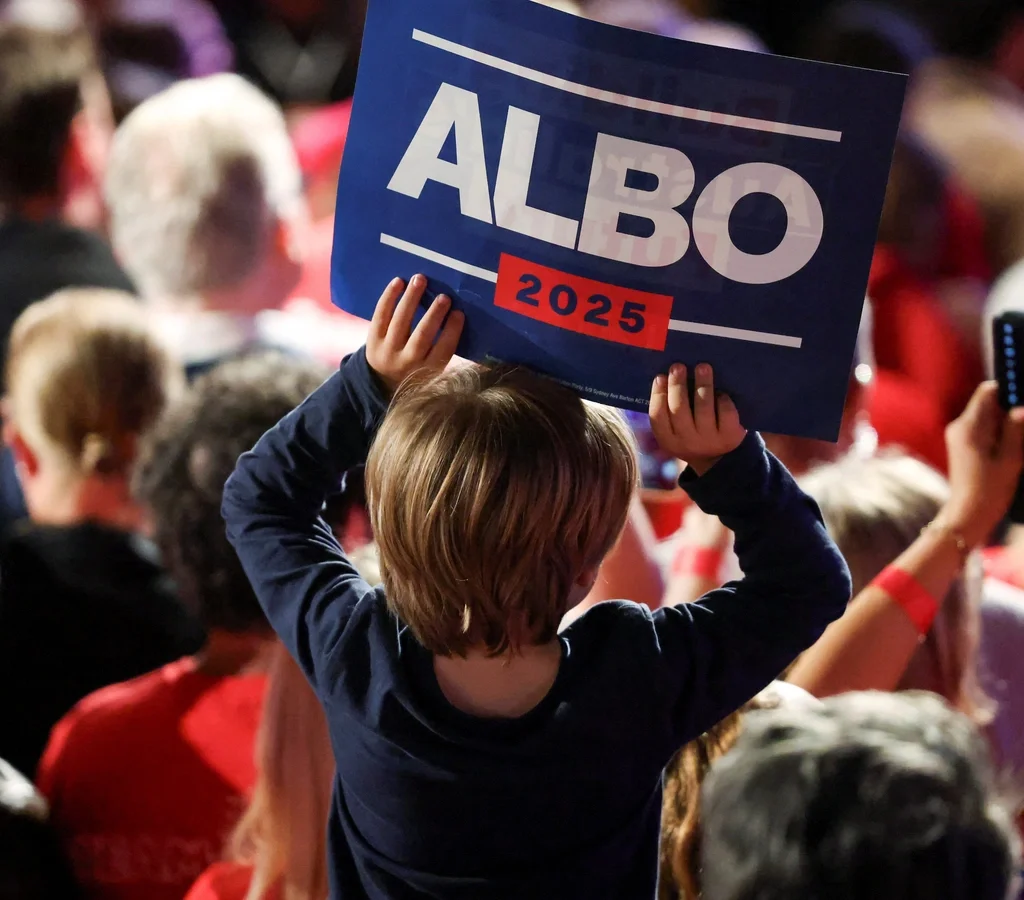
What triggered this turnaround?
The answer, in large part, lies in the electorate’s anxiety over Trump’s re-election and his renewed trade offensives. During his second term, Trump imposed tariffs even on close allies like Australia, mocked its leadership, and threatened longstanding trade agreements. In contrast, Albanese positioned himself as a steady, experienced figure capable of resisting erratic American policies. His message resonated with voters.
Peter Dutton, on the other hand, appeared to embrace Trump-inspired rhetoric. He proposed deep cuts to government spending, hardline immigration policies, and even suggested dismantling the national broadcaster—moves that alarmed many Australians. His close association with Trump-style politics proved costly. Dutton not only lost his party the election—he lost his own parliamentary seat.
The scale of the defeat was historic. The Liberal-National coalition, which had dominated Australian politics for two decades, now faces a long road to recovery.
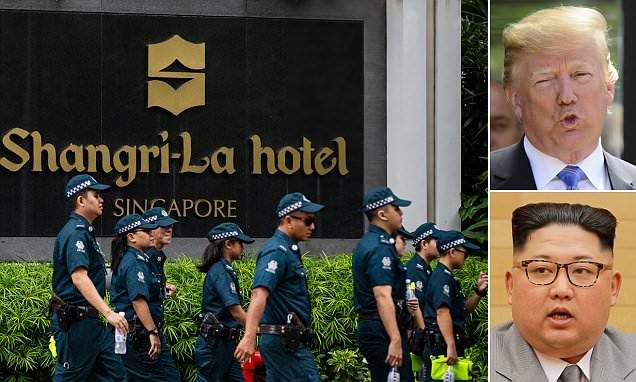
Singapore: Holding the Line with Stability
Across the Pacific, a similar story unfolded in Singapore.
The ruling People’s Action Party (PAP), led by Prime Minister Lawrence Wong, reclaimed its dominance after facing growing challenges in recent years. Just months earlier, many believed the opposition Workers’ Party was poised to gain ground by capitalizing on issues like rising living costs, housing shortages, and wage stagnation.
Yet, the PAP reversed those expectations. Not only did it maintain its hold on power, but it also gained a five percent boost in the popular vote. The opposition, despite efforts, failed to win any new seats.
Why the dramatic swing?
As in Australia, Singaporean voters cited Trump-related instability as a key concern. With its small, trade-reliant economy, Singapore feels acutely vulnerable to global disruptions. The PAP emphasized continuity, experience, and global engagement—qualities that voters viewed as essential during uncertain times.
In addition, the PAP made noticeable policy shifts. It expanded support for childcare and took steps to address housing affordability. These moves softened criticisms that the party had grown out of touch. Though the Workers’ Party offered ambitious reforms, its fragmented strategy and lack of coordination weakened its campaign.
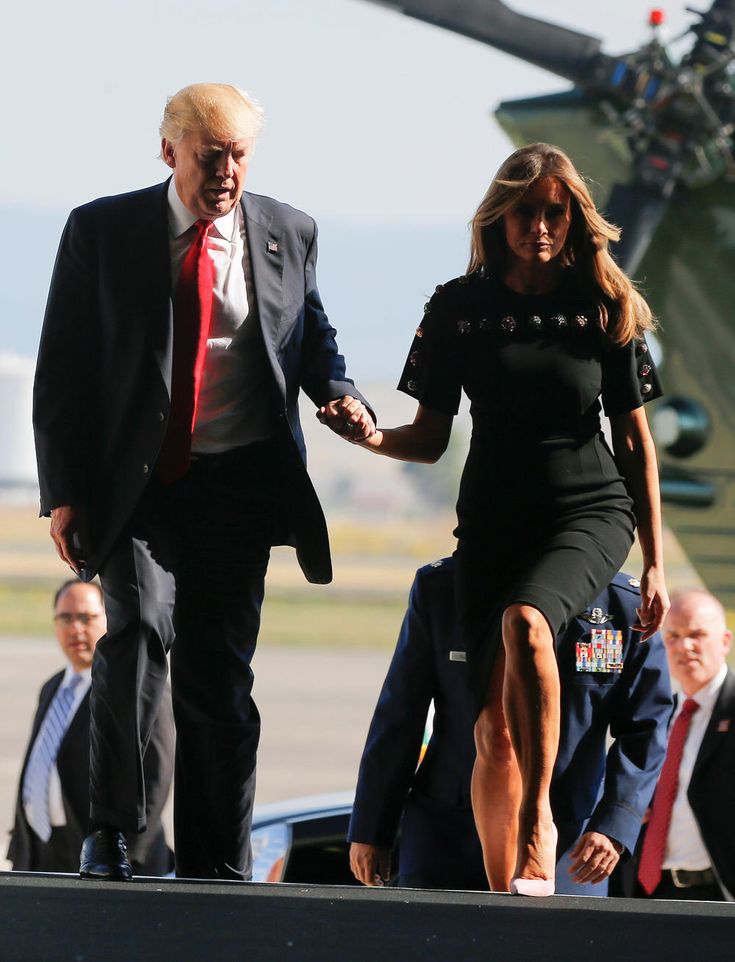
A Global Trend Emerging?
These elections reflect a broader shift in global politics.
For years, incumbents across democracies have struggled to retain power amid economic discontent and voter fatigue. But now, as Trump’s confrontational foreign policy reverberates worldwide, incumbents who promise calm, capable leadership are regaining strength. Voters seem to be prioritizing experience and international credibility over populist promises.
The political fallout from Trump’s presidency isn’t just an American story. His aggressive trade tactics, nationalism, and dismissiveness toward allies are redrawing the electoral map far beyond the United States. Leaders who oppose or distance themselves from these approaches are finding new favor, while those seen as Trump-adjacent are being punished at the polls.
The question now is whether this trend will hold in upcoming elections in South Korea, Poland, and beyond. Will conservatives abroad find a new path forward, or will Trump’s shadow continue to loom over their prospects?
One thing is clear: in today’s interconnected world, domestic elections are no longer just local stories—they are chapters in a larger, unfolding global narrative.
Author Profile
- Syed Tahir Abbas is a Master's student at Southwest University, Chongqing, specializing in international relations and sustainable development. His research focuses on U.S.-China diplomacy, global geopolitics, and the role of education in shaping international policies. Syed has contributed to academic discussions on political dynamics, economic growth, and sustainable energy, aiming to offer fresh insights into global affairs.
Latest entries
 U.S. Foreign PolicyFebruary 2, 2026AI and Grand Strategy: The Case for Restraint – Navigating the Future of American Power
U.S. Foreign PolicyFebruary 2, 2026AI and Grand Strategy: The Case for Restraint – Navigating the Future of American Power National SecurityJanuary 31, 2026Treating China’s Connected Energy Systems as a National Security Risk
National SecurityJanuary 31, 2026Treating China’s Connected Energy Systems as a National Security Risk Global HealthJanuary 29, 2026The Future of the WHO—and How the United States Can Shape It
Global HealthJanuary 29, 2026The Future of the WHO—and How the United States Can Shape It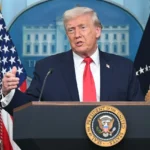 Global TradeJanuary 22, 2026Trump Cancels Tariffs on European Nations Over Greenland Pursuit?
Global TradeJanuary 22, 2026Trump Cancels Tariffs on European Nations Over Greenland Pursuit?



2 comments
It’s fascinating how global politics can have such a ripple effect on local elections. The influence of Trump’s policies and rhetoric on Australia and Singapore’s political outcomes is both surprising and concerning. Albanese’s ability to position himself as a stabilizing force clearly struck a chord with voters, while Dutton’s alignment with Trump’s style seemed to backfire. Similarly, the PAP’s resurgence in Singapore suggests that voters may have prioritized stability over change, despite pressing domestic issues. Do you think this trend of global political figures influencing local elections will continue? It’s intriguing to consider how much external factors shape national decisions. What’s your take on the long-term impact of such dynamics?
**mitolyn**
Mitolyn is a carefully developed, plant-based formula created to help support metabolic efficiency and encourage healthy, lasting weight management.